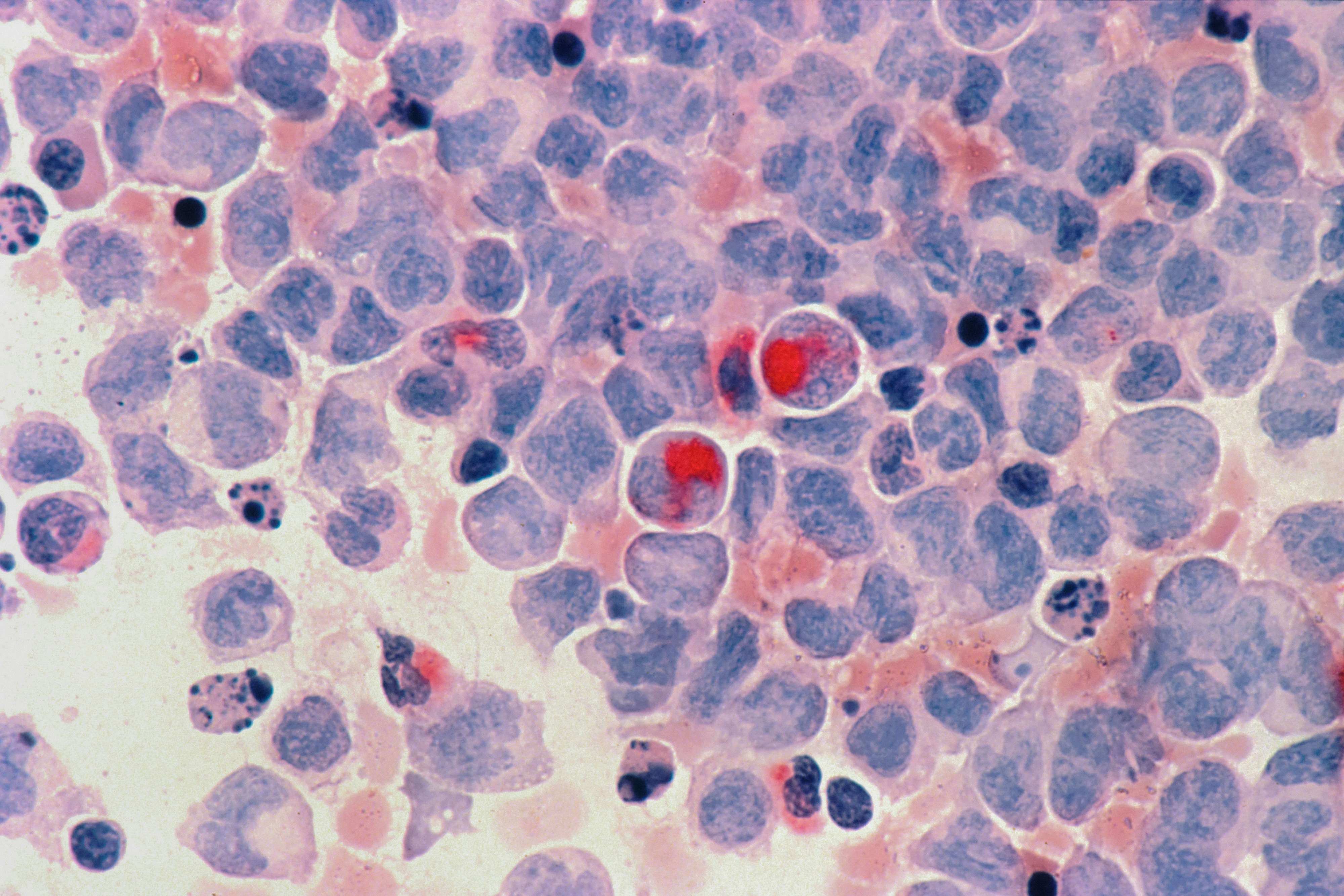News release
From:
Obesity-related cancer rising among both younger and older adults worldwide
A surveillance study compared international cancer incidence trends of 13 cancer types in younger and older adults. The study found that cancer incidence rates increased for several cancer types in the countries studied; however, besides colorectal cancer, increases occurred in both younger and older adults. The cancer types where incidence rates rose for both younger and older adults were all related to obesity. These results can help guide future research priorities and public health guidelines. The study is published in Annals of Internal Medicine.
Researchers from The Institute of Cancer Research and Imperial College London studied annual cancer incidence data from 2003 to 2017 from 42 countries in Asia, Europe, Africa, North and South America, and Australasia in the International Agency for Research on Cancer’s GLOBOCAN database. They evaluated 13 cancer types previously reported to be increasing in many countries in younger adults: leukemia and colorectal, stomach, breast, prostate, endometrial, gallbladder, kidney, liver, esophageal, oral, pancreatic, and thyroid cancer. Cancer in younger adults was defined as diagnoses at ages 20 to 49 years and in older adults as diagnoses at age 50 years or older. Cancer incidence rates increased in younger adults in over 75% of countries examined for thyroid, breast, colorectal, kidney, endometrial cancer and leukemia. For all these cancer types except colorectal cancer, incidence rates also increased in older adults. For colorectal cancer, the increasing trends in younger adults were greater than the trends in older adults for 69% of countries. For liver, oral, esophageal, and stomach cancer, incidence rates decreased in younger adults in more than 50% of the countries studied. The results indicate that changes in exposures resulting in increases in cancer incidence rates are likely to be common across age groups rather than specific to younger adults. The cancer types that increased in both younger and older adults in most countries were all related to obesity, with endometrial and kidney cancer being the most strongly associated with obesity. Additionally, the patterns observed among colorectal cancer incidence could be due to exposure to novel carcinogens or effective screening in older adults. Overall, this analysis suggests that in many countries, cancer types previously seen rising in younger adults are increasing in both younger and older adults, and the implications of focusing new research studies for these cancer types only on younger adults should be carefully considered.



 Australia; New Zealand; International
Australia; New Zealand; International



